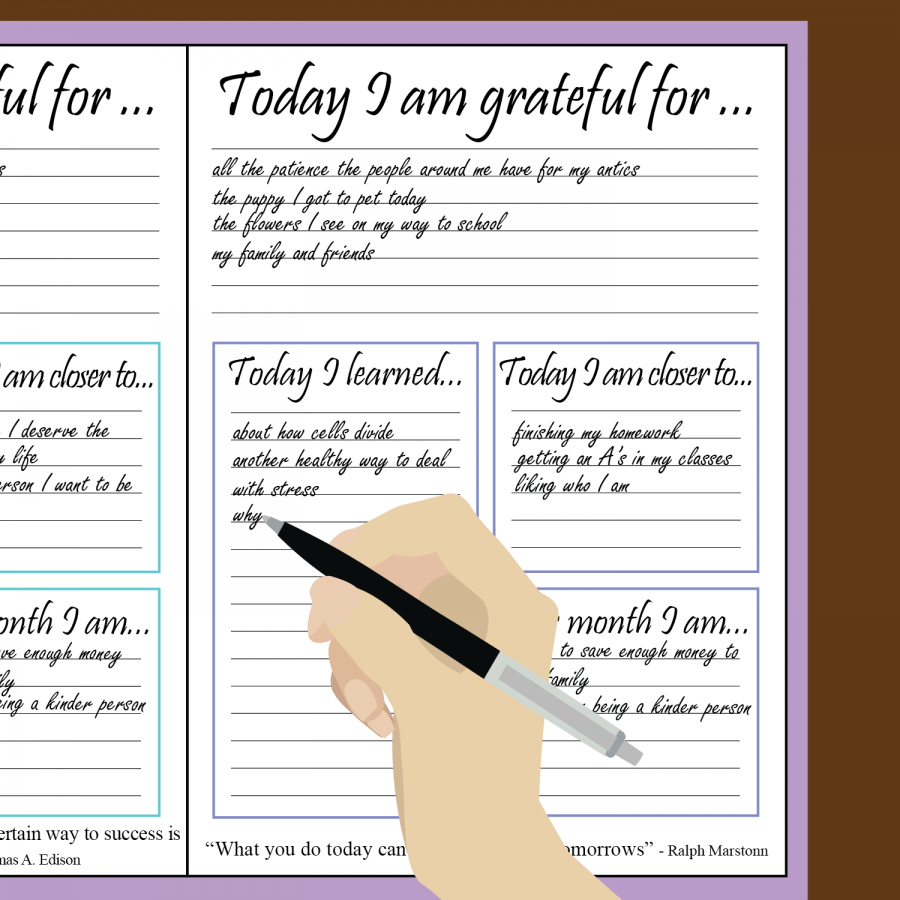Thankfulness should transcend the holidays
Nov 28, 2018
Thanksgiving and the subsequent holiday season is supposed to be a time of reflection, gratitude and grace — a period during which we all slow down and really take stock of the privileges we’ve been afforded and the people who share our lives with us. Obviously, this does not always happen. As many of us experienced over the past week, it can be hard to be grateful for all of the opportunities we’ve been given when there are ten people in one (suddenly very small) kitchen, relatives flocking from all ends of the country with differing political views and parents competing in the immortal competition of “Whose Child is Most Successful?”
But according to a new study conducted by Aric Rindfleisch, professor of business administration and John M. Jones professor of marketing at the University, as well as Lan Nguyen Chaplin, associate professor of marketing at the University of Illinois at Chicago, among others, children tend to be more gracious when they express gratitude on a daily or weekly basis. This indicates instead of just reminding ourselves to be gracious once a year, we should be reflecting on our blessings all year long.
The researchers in the study gave two groups of children $10 each. The control group could choose to give it to charity or spend it. The variable group could do the same but were required to keep a daily “gratitude journal” to reflect on what they were grateful for every day. The study found the children who were required to think about they were thankful for were far more likely to give their money to charity than the control group.
While the study surveyed kids between the ages of 11 and 17, we can all learn something from these findings. Reminding ourselves of our advantages more frequently than once a year is not only useful to keep us charitable; it also helps us see the world in a different light. Understanding what you’re grateful for — in other words, understanding your own privilege — is critical to gleaning a better understanding of how the world works. People naturally set their baseline for “struggle” in life as what they have experienced, and it’s understandable to do so. However, it is far more useful to take your own experience with a grain of salt, to understand that even though the going does get tough, there are many people worse-off than yourself.
This sort of grace-vigilance, keeping on top of reminding yourself of your advantages and blessings, is one of the hardest mental exercises to master. It takes many people their entire lives to learn how to do it. I know I am certainly challenged by it, especially come finals time when we all would give anything to be anywhere but in the library in our eighth consecutive hour of studying. But if grace can be found in trying times, it can be found at any time — and the world might be a marginally better place for it. So this holiday season, remember to count your blessings and smile — and don’t stop come Jan. 1.
Get The Daily Illini in your inbox!
Kyra is a sophomore in LAS.






